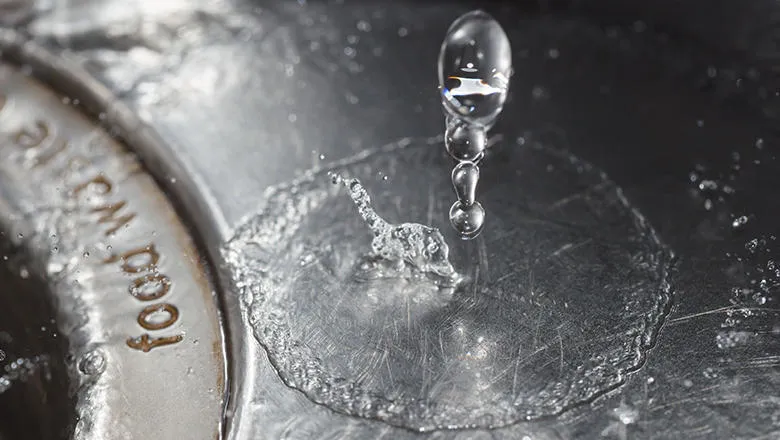Water is fundamental to a thriving life – and yet, in many high-income countries, we are witnessing increasing levels of insecure water access and service shut-offs. This project aims to explain the social geography of household water insecurity in relation to the changing political economy of public service provision in Europe and the United States – the kind of places where social infrastructures are increasingly under threat.
Dr Katie Meehan
31 January 2023
Project on household water insecurity receives €2 million in funding
A research project analysing insecure water access in Europe and the United States has been awarded €2 million by the European Research Council (ERC).

Dr Katie Meehan, from King’s Water Centre and the Department of Geography, will be leading the project investigating why household water insecurity arises and persists in wealthy cities and countries.
By identifying key patterns and drivers of plumbing poverty, the project aims to explain household water insecurity in relation to the changing political economy of public service provision.
Titled, ‘Plumbing poverty: insecure access, shutoffs and the social infrastructures of water in Europe and the USA’, the project will couple statistical data with policy and ethnographic evidence, to provide insights into common trends and divergences.
As cities in the Global North move toward market-based and financialised models of water and sanitation services, this research will catalyse new theory about the state of social infrastructures in advanced capitalist societies and provide data-driven explanation for the persistence of household water insecurity in the places we may least expect.
I am thrilled with the ERC’s decision. The funding will provide the time and space to do the complex spatial analysis and street-level, investigative work with utilities and households that I’ve been dreaming about for years. The ERC has opened the door and enabled us to kick forward a new frontier of research and build community at King’s Water Centre.
Dr Katie Meehan
Meehan’s pilot research was first profiled in The Guardian.
The grant is a European Research Council (ERC) Consolidator Grant, which is part of the European Union’s Horizon Europe programme. It aims to support mid-career scientists to pursue their most promising ideas.
President of the European Research Council Prof. Maria Leptin said: “ERC Consolidator grants support researchers at a crucial time of their careers, strengthening their independence, reinforcing their teams and helping them establish themselves as leaders in their fields. And this backing above all gives them a chance to pursue their scientific dreams.”

